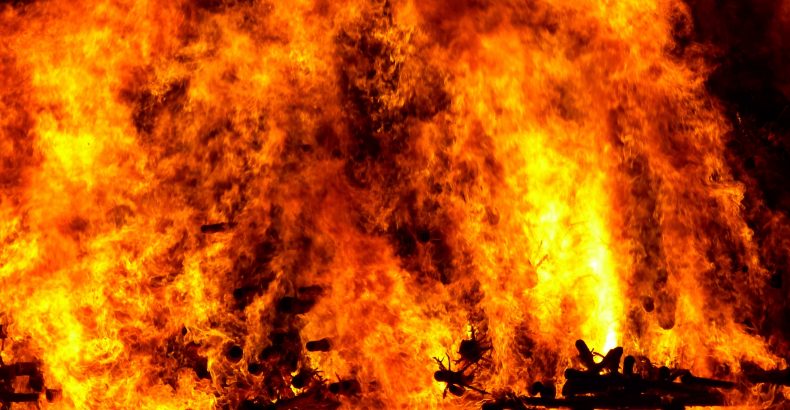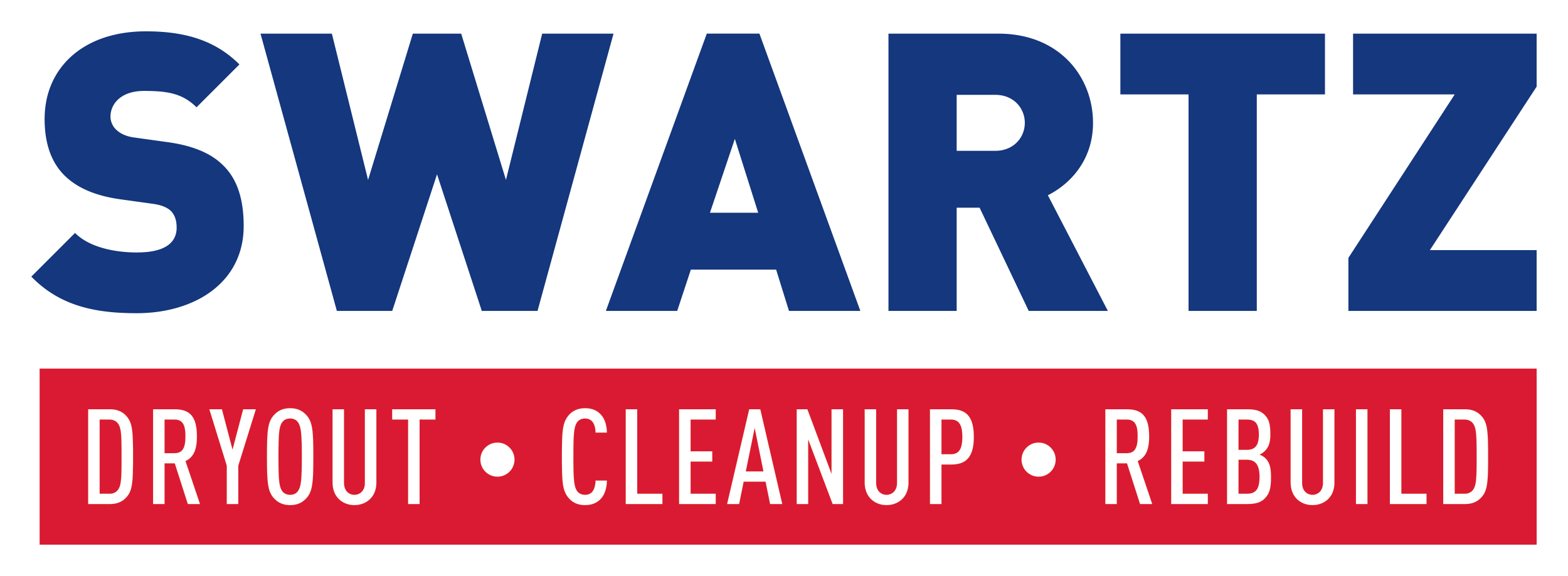
Do you know the leading causes of home fires?
According to the National Fire Protection Agency (NFPA), 1,342,000 structure fires were reported and cost $10.6 billion in property damage in 2016. A fire can start for several reasons; for instance, leaving the iron on next to combustible material, leaving a candle warmer on 24/7, grease fires, etc. Here is a list of the leading causes of home fires.
Arson
Dictionary.com defines arson as ‘the malicious burning of another’s house or property, or in some statutes, the burning of one’s own house or property to collect insurance. NFPA stated that the years of 2010-2014, intentional fires accounted for 19% of structure fires. In 2017, the percentage increased to 21%. That is a 3% increase within 3 years. Arson is a criminal offense. To find out what charges are placed on people who commit arson, follow this link: Ohio Arson Laws
Candles
About 1/3 of candle fires start in the bedroom. We understand that your bedroom is your sanctuary. You want it to be peaceful and relaxing and you light some candles after a hard day to try to relax. If you fall asleep by accident without blowing the candles out, they can burn too hot and cause a fire. Especially if they are near combustible or flammable material. 59% of candle fires occur because they are left near flammable or combustible materials (NFPA). If you are feeling tired, leaving the room or home, remember to blow out the candles so that it can reduce your risk of a structure fire.
Cooking/Appliances
Cooking and appliance fires account for 47% of home fires. Thanksgiving is the top day for cooking fires. You leave the appliance unattended while they are on. Unattended appliances while on, accounted for 33% of home fires. When deep frying food, grease fires can occur. Most causes of grease fires are people placing frozen items within the hot oil, or too much oil in the pot or pan.
Electrical
57% of electrical fires were from extension cords. Either they were overloaded, in between doorways, or under rugs/carpet. Other electrical fires include hanging wires, appliance shortages, or any cord that is frayed with exposed wires. If the wires are exposed and frayed, they could send sparks or catch fire themselves. Check for damaged cords or frayed wires and replace them to help prevent an electrical fire to your structure.
Heating
Heater fires are more common in December, January, and February and account for 15% of home fires. The winter is colder in some areas than others. We want to stay warm, so we buy or break out the heaters. Plugging in the heater to an extension cord can short out the heater, not cleaning the filter, or placing the heater near flammable items, such as curtains, increase the chances of heater fires. Plugging the heater into an outlet, cleaning the filters, and keeping the heater away from flammable material can reduce the risk of a heater fire.
Smoking
If an ashtray is overflowing with cigar or cigarettes and you go to put out a cigarette or cigar it could cause the contents of the ashtray to catch fire. With an overflowing ashtray, you can’t see if you completely put out the cigar or cigarette. If you leave it like that, it will catch fire and could spread. Smoking-related fires account for 5% of reported home fires
Children
When children are young, they get curious about everything. Sometimes their curiosity can be dangerous. Younger children are more likely to set fires on the inside rather than the outside of the home (NFPA). 39% of home fires involving children, occurred in a room that they are frequently playing in. When they get a hold of lighters or matches, they don’t know what to do with them. If dropped on the carpet with no adults around, it could cause the home structure to catch fire.
Have fire damage? Call Swartz Contracting to come estimate the damage to restore your home to the way it was before or better. We will work with your insurance to try to take some of the stress off of you. We can also board up and secure the property to keep your home safe and others safe. Call (800) 462-1024.
